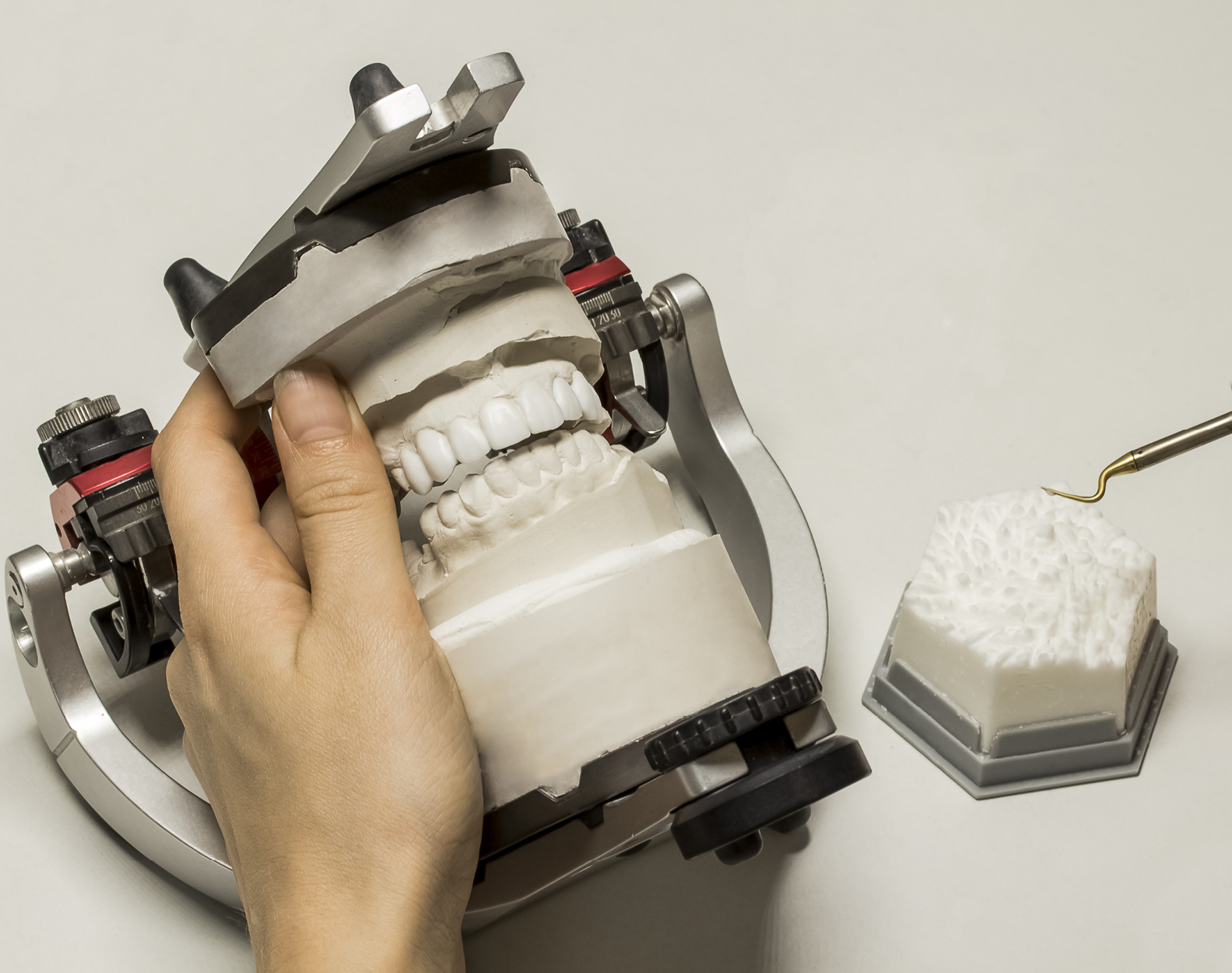
Denturists deal with patients one-on-one or in collaboration with other medical specialists. In general, they work with clients, diagnose issues with dental prosthetics, create treatment plans, perform intra-oral (in-mouth) and lab procedures needed to design and make different dental prosthetic devices, insert devices to ensure a proper and comfortable fit, repair, reline, and adjust devices as needed, and create and maintain patient records.
Denturists can create dental prosthetic devices using a range of tools, equipment, and materials. Gypsum, waxes, metals, polymers, porcelains, and chemical solutions are among the materials. Denturists could potentially offer complementary treatments (for example, fitting sport mouthguards and whitening teeth). Learn more
Average Hourly
$25.00
Range Hourly
$23.00 – $35.26
Average Yearly
$48,850
Range Yearly
$44,850 – $68,750
Denturists (3221)
Mechanic, dental / denture, Denturologist
Completion of a two- or three-year college program in denturism/denturology is required.
An internship in a registered denture clinic may be required.
Licensing by a provincial or territorial regulatory body is required.
Medium
The employment outlook is fair in most provinces. More information is available here.
Denturists may have very few opportunities to advance. Without education and training for other roles in dental science such as research, and teaching.
0 – 1 year
Several schools offer programs and courses that meet the educational requirements of an MRI technologist. Examples include:
Denturist Technology- NAIT
Denturist - Vancouver Community College
Denturists need to be able to focus, make wise decisions, be flexible and creative, pay attention to detail, have fine motor skills, be persistent and patient, and have strong communication skills (especially listening skills).
They should love interacting with the public, working methodically, diagnosing issues, researching, exploring numerous design choices, and utilising precise tools and machinery.
Most denturists own and operate their own denture clinics (usually with onsite labs). Some denturists provide services in health care facilities or private homes.
Denturists work standard office hours. They may work longer hours, especially if they are self-employed..
They may also work at dentists' office,; educational institutions, community health centres, and clinics
Obtain required education training
Registration with a provincial regulatory body (such as College of Alberta Denturists may be required